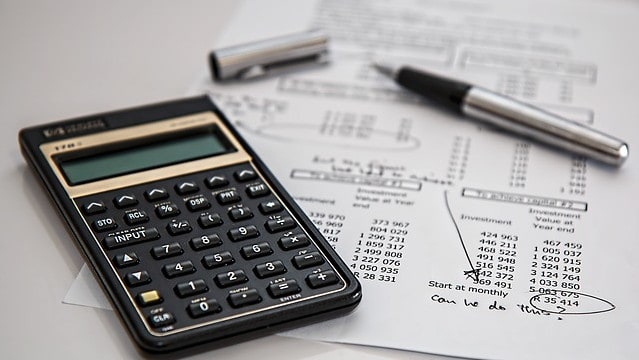For many investors, all that matters is a company’s profitability. After all, it is rising profitability which tends to cause an increase in share prices over a sustained period of time. However, the reality is that profitability and profit growth are only possible in the long run when a business has a sound balance sheet. If for whatever reason it does not, then this can cause its income statement to disappoint and investor sentiment to come under pressure.
Debt levels
The most important aspect of a balance sheet is debt. If a business is carrying too much debt then it can hamper its profitability, since all debt must be serviced. In recent years this has not been a major problem since interest rates have been at rock bottom. As a result, a number of companies have increased debt, knowing that because they can afford to make what are historically low interest payments, their profitability will not be affected.
However, the future interest rate is likely to be much higher as the world transitions away from the deflationary phase which has been a key feature of the last decade. A new US President and his more relaxed fiscal standpoint could cause global inflation to rise, which may mean that interest rates do likewise. Companies which have high amounts of debt on their balance sheets may find that their profitability is squeezed by higher interest costs, which could cause their share prices to disappoint.
Assets
On the asset side of the balance sheet, a healthy cash pile is crucial in order for all companies to operate. Without cash, it is not possible to continue as a going concern. While larger companies tend to have significant amounts of cash on hand as well as various credit lines with their lenders, smaller companies sometimes have insufficient cash with which to operate over the medium term.
That’s especially the case if they are unprofitable, and this can lead to the requirement of a fundraising which could dilute an investor’s holding. Even worse, insufficient cash could lead to a permanent lack of profitability if the company in question goes under.
Other assets to consider are debtors and stock levels. For the former, continually increasing amounts due from customers could indicate that the company in question is having problems collecting monies owed to it. In fact, it could mean that the debtors total needs to be written down in order to more accurately reflect the position of the business. Doing so, however, could hurt its overall valuation.
Similarly, stock levels which are continually rising or excessive indicate an inefficient business which is not making use of its cash resources. They could be better employed elsewhere in order to generate higher profitability.
The Foolish Takeaway
Although the balance sheet is merely a snapshot of a company’s financial position at a specific moment in time, it indicates how successful a company will be in future. High debt levels, rising debtors and excessive stock levels show a company that is struggling to turn a profit and which could continue to do so in future.
Meanwhile, a business which has modest debt, stable debtors and sensible stock levels looks efficient, disciplined and is much more likely to be profitable and capable of delivering rising profitability in future.








